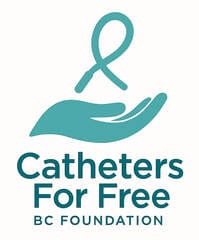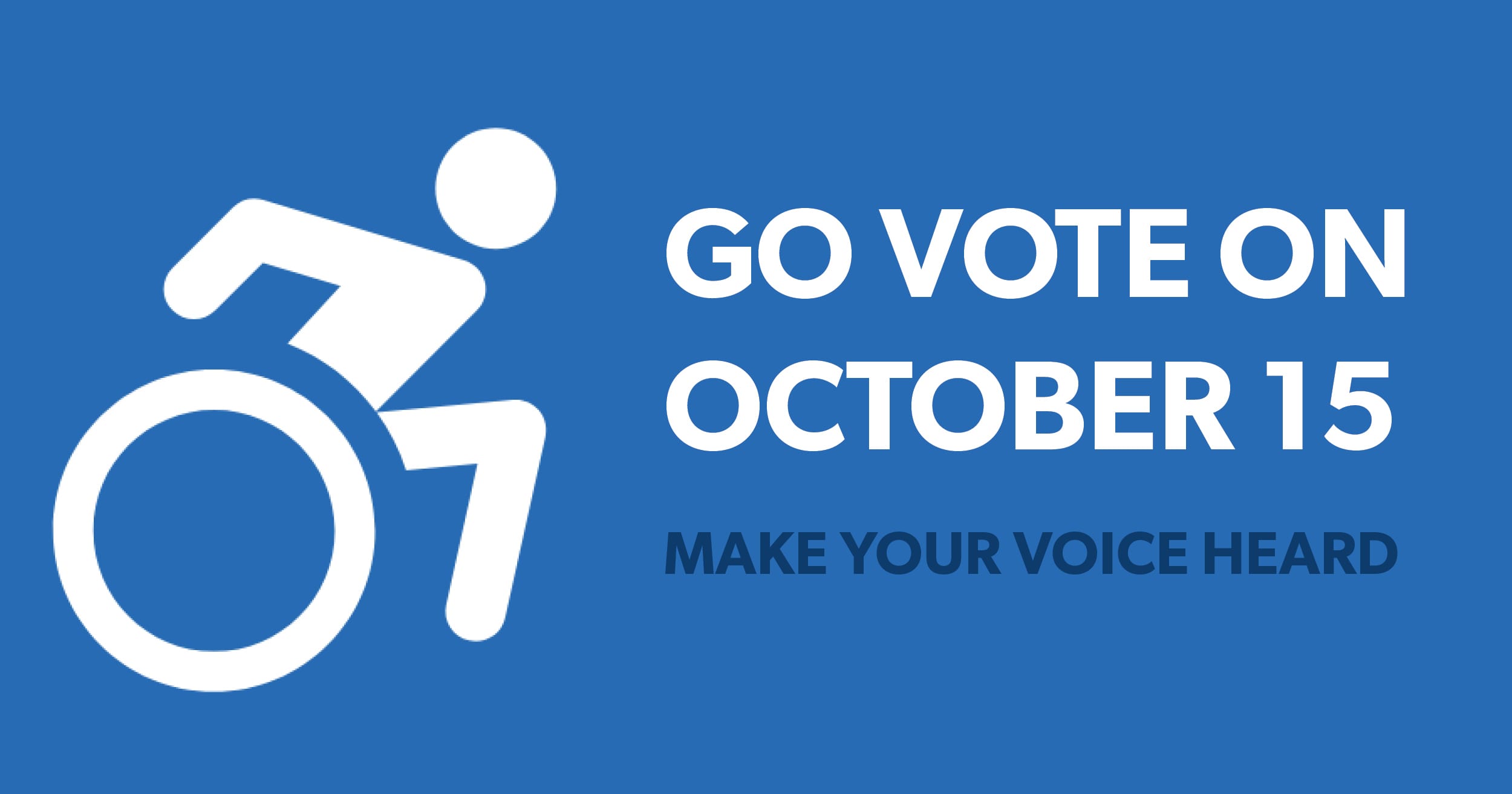These days it can be difficult to know what wording is politically correct and what wording to avoid. This is particularly true of terminology related to disability issues. Words that were accepted a generation ago are no longer seen as appropriate. In many cases, these changes are for the better. A number of terms, which I won’t list here, have very negative connotations and are rightly no longer acceptable. However, I still hear some of that wording from people who are older or who have no experience with disability because they grew up with that wording and don’t understand the need for change.
As a former journalist, I am always disturbed when I read or hear some of this older terminology in current news reports. Phrases like “wheelchair-bound” or “confined to a wheelchair” or “suffers from_______” really bother me. Only the specific person with the disability can know whether or not they actually suffer from something. As well, I see wheelchairs as providing mobility and opportunity, not confinement.
Recently I have seen some otherwise very well-written stories about people with disabilities, factual stories about the possibilities after spinal cord injury or about enhancing quality of life, stories that really bring disability issues to a wider audience. Yet these stories are marred by language that is no longer generally accepted. Stories like these help to perpetuate the negative connotations of disability that are still held by far too many people.
The terminology that a person prefers depends on many factors, including location, culture, experience with disability, first language, etc. However, language is a powerful tool that shapes our thoughts and feelings about everything we come into contact with. Language that promotes predominantly negative feelings about a topic definitely influences how people respond to it.
What terminology do you prefer? Do you use different wording when you’re with other people with disabilities than you do with the general public? Which words really make you cringe? Does the wording even matter if it’s said with respect?
A quick internet search produces many resources about disability etiquette, appropriate terminology, and other information aimed at those not otherwise familiar with disability issues. While I am always interested to read through this type of information, I find there are a lot of contradictions, which makes it really hard for people new to this to know what is appropriate.
I think it’s up to all of us who know something about disability to work towards creating new perceptions of disability in the general public, perceptions that show the range of experiences and possibilities that people with disabilities have. One of the ways that I do this is to make disability part of the general conversation, rather than something “special” that only people with disabilities talk about. I also like to challenge people’s stereotypes: when I hear that people with disabilities “can’t” do something, I enjoy throwing in a comment about someone I know or something I saw in the news about a person with a disability doing the activity in question.
Each time I interact with someone, I hope that in some small way my comments can help broaden their perception of disability to that point that one day I won’t feel the need to write a blog about terminology related to disability.




